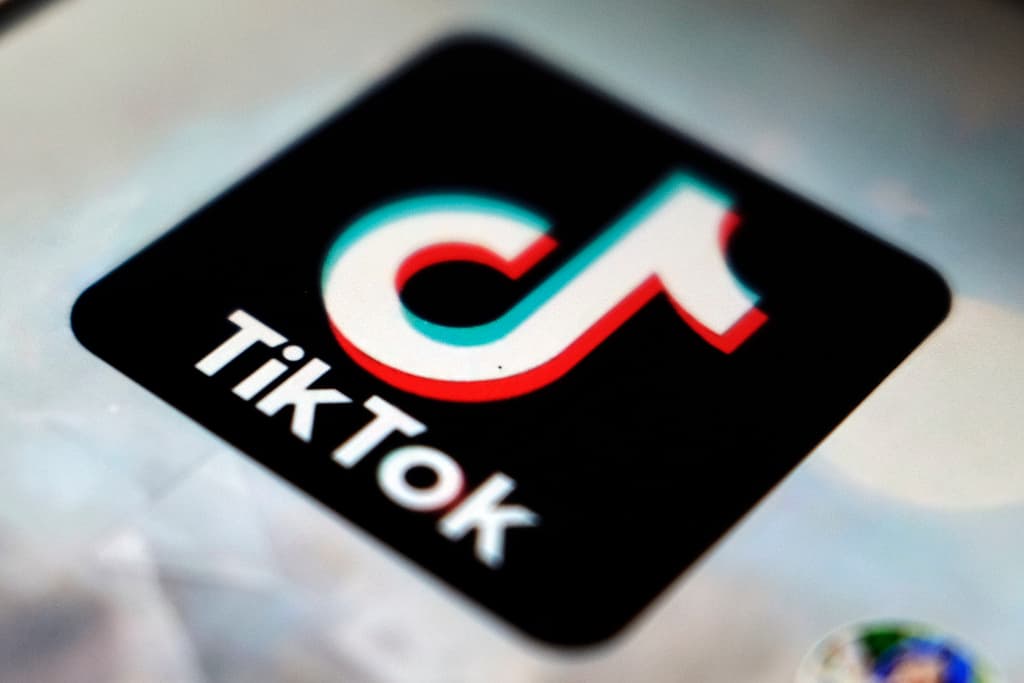Plan To Force a Sale of TikTok Likely To Face a Cataract of Legal Challenges From the Company, Its Owners, and Even Users
‘Do we really want to set the precedent that it’s a good thing to shut down communications platforms?’ a scholar of international law tells the Sun.

President Biden will likely face an array of legal challenges to the divest-or-ban bill he signed regarding TikTok last week, challenges from the app’s owner, Bytedance, and even from users of the platform. Many will likely argue that a potential ban on an app used by about half of America’s population violates the First Amendment.
Please check your email.
A verification code has been sent to
Didn't get a code? Click to resend.
To continue reading, please select:
Enter your email to read for FREE
Get 1 FREE article
Join the Sun for a PENNY A DAY
$0.01/day for 60 days
Cancel anytime
100% ad free experience
Unlimited article and commenting access
Full annual dues ($120) billed after 60 days

